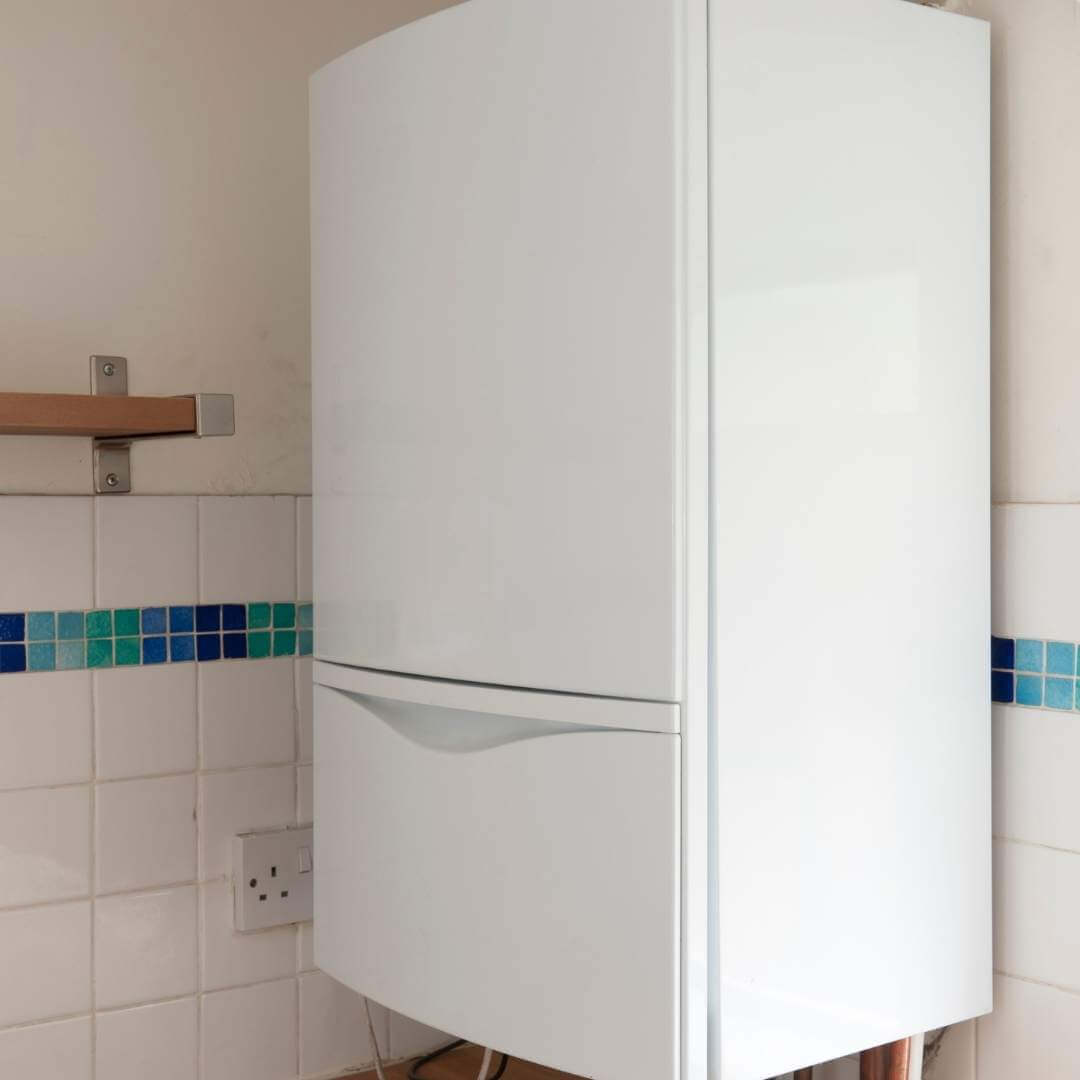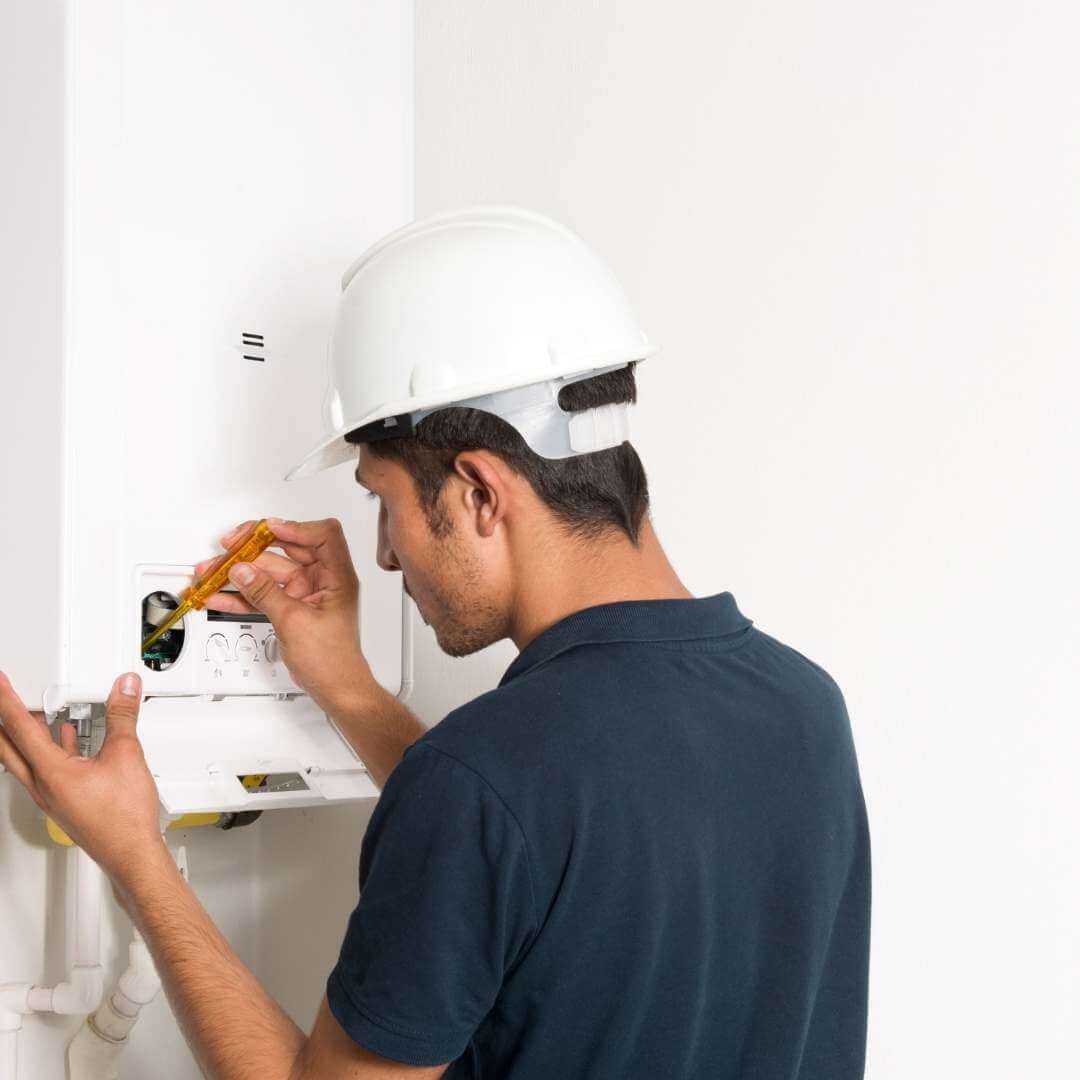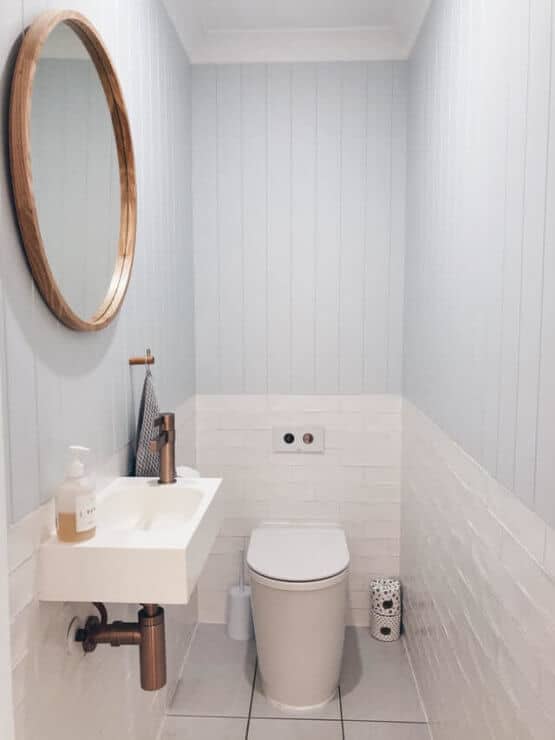A water heater should run as silently as is practical. Therefore, you might not immediately notice noises coming from your water heater when they initially start. Is it normal that water heater sounds like a tea kettle?
This strange sound a water heater produces is one known as “kettling.” If you hear a noise like your tea kettle is boiling, your water heater probably needs repairs.
What is Kettling?

Kettling is a popping sound that people frequently hear coming from water heaters. Excess sediment accumulated at the tank’s bottom is typically the source of kettling. Water is trapped between the heat exchanger and this sediment layer, which causes the water to boil and rise through the sediment. This causes the popping sound.
Sediment or deposits from hard water could make up the bottom layer. You’ll need professionals to flush the tank and perhaps clean it, whatever the case.
Common Kettling Causes
The accumulation of silt and mineral deposits due to hard water is the most visible cause of kettling. This is because the concentration of microscopic minerals in the water supply affects how hard the water is.
These minerals are not necessarily harmful in tiny amounts. But if you live in a location where the water is exceptionally hard, it could be a problem if not maintained and cared for properly.[1]
Mineral-rich water will produce far more residue than water with a lower degree of hardness. More residue in the tank increases the likelihood that it may accumulate and rest at the bottom and edges of the tank [2].
If you allow sediment to build up, water may become trapped in the tank. Because heat-conducting minerals surround the water, it overheats and builds up pressure, which is what causes the popping or “running” sound. This is the sediment being forced aside by the water.
If your tank makes that sound of flowing water, that is a negative indicator. If you don’t want to replace your water heater soon, take care of it as quickly as possible.
The danger of Kettling
Homeowners frequently disregard strange noises, mainly because they are unaware that it signifies an issue that needs fixing. The problem with a kettling water heater is that it can seriously harm your system if it isn’t fixed right away [3].
As we previously stated, kettling is the sound of extremely hot water squeezing through a layer of sediment accumulated in your system. Because the water being pumped into your system contains minerals and nitrates, that sediment may build up in your water heater (known as hard water).
You should have a professional clear out any deposit in your water heater because, over time, the material can eventually harden into limescale.
Whether or not it has cemented into limescale, sediment will impede the heating process that your water heater goes through. Additionally, it may damage your water heater, necessitating an early replacement.
Other Water Heater Noises
Unusual noises from your water heater may be one of the many early warning indicators of a repair need. The top four to watch out for are listed below:
- Banging and rumbling:
These are the most frequent sounds a water heater makes. Usually, excessive sediment buildup is what causes these noises. When sediment accumulates in the tank to a significant level, it may interact with the heating element to cause those tiny mini-explosions you are hearing. Simply draining your water heater tank may usually remedy this issue, which you should do once or twice a year, and is typically a fairly straightforward process (assuming you do not have a tankless system, of course.)
It’s also possible that your appliance is experiencing a water hammer. This phenomenon happens when your water supply is switched off, and water unexpectedly surges back through the pipes [4].
You might want to utilize the pressure-reducing valve to change the system’s pressure to reduce the noise caused by the water hammer, which can lead to bursting pipes. Calling a specialist can also assist you in draining your water heater tank or determining whether you have a water hammer.
- Hissing and crackling noises are most frequently heard in electric water heaters. If your system occasionally makes a crackling sound, it usually isn’t a huge concern. These noises sometimes appear in electric heaters as is normal. However, if the noises continue, something might block the heating element in your system. You might need to dump your tank or hire a specialist for an inspection because this is a more serious problem.
If the heater runs on gas or oil instead of electricity, it’s more probable that moisture buildup is the cause of the crackling sounds. When you hear these noises coming from your gas/oil water heater, call a specialist to see if there is water pooling nearby. [6]
Even though your water heater isn’t electrically powered, it still needs electricity to function, so the last thing you might need is water getting in the way of its electrical parts.
- Ticking:
It is pretty unsettling to hear your water heater tick as if it were about to explode like a bomb. Fortunately, things probably aren’t so bad after all. The most frequent reason for a ticking sound coming from your water heater is a rapid drop in water pressure [7].
If this noise continues, locate the pressure-reducing valve to change the pressure setting on your water heater. To keep your water heater from shifting and being impacted by fluctuations in water pressure, you might want to add extra straps and insulation around it. Call a technician if the ticking sound doesn’t stop.
- Whistling/Screeching:
Loose valves that allow air to escape from your water heater’s tank frequently cause high-pitched whistling or screeching noises to come from the appliance. Once more, you may want to check your pressure-releasing valves. Still, you should also ensure your system’s temperature and inlet/outlet valves are adjusted properly (the manufacturer’s manual should indicate where these parts are located on your unit). If you cannot modify the valves yourself, contact a technician for assistance.
- Popping:
Similar to banging, popping is frequently a sign of too much sediment in your water heater tank. You might hear the heating element and water’s alkali interacting specifically. Rust is one of the main sources of sediment accumulation, and alkaline is high in calcium and magnesium.
You could also minimize rust buildup by installing a water filtration system. In addition, you might need to flush your tank out and replace the heater’s anode rod (the component that lessens sediment and bacteria buildup).
How to fix a kettling water heater?

It’s not enough to ignore a water heater that has started to create noises like whistling and the others mentioned above and wait for it to stop. Regular water heater maintenance can prevent the sedimentary buildup leading to most of these issues [8]. However, in most cases, you’ll need to arrange repairs to have your water heater cleaned up and, if necessary, fixed.
Make sure to contact a plumber to get your system inspected and fixed if you notice anything odd sounding inside your water heater. Waiting for too long might force you to replace the item rather than repair it.
Read Next: Water Heater Sounds Like a Jet Engine
Conclusion
Your home’s water heater is an important component. However, it needs a little attention to function properly and endure for a long time. If you don’t take that kind of care, you can need a new water heater much sooner than later.
The best starting point is to be familiar with some of the noises that originate from your water heater. Recognizing those sounds and doing routine maintenance can extend the life of your water heater.

Michael Davis is a heating & plumbing expert who currently works as independent contractor in SC. He also writes for Plumbertip.
For almost 10 years he worked on various plumbing tasks across South Carolina.


